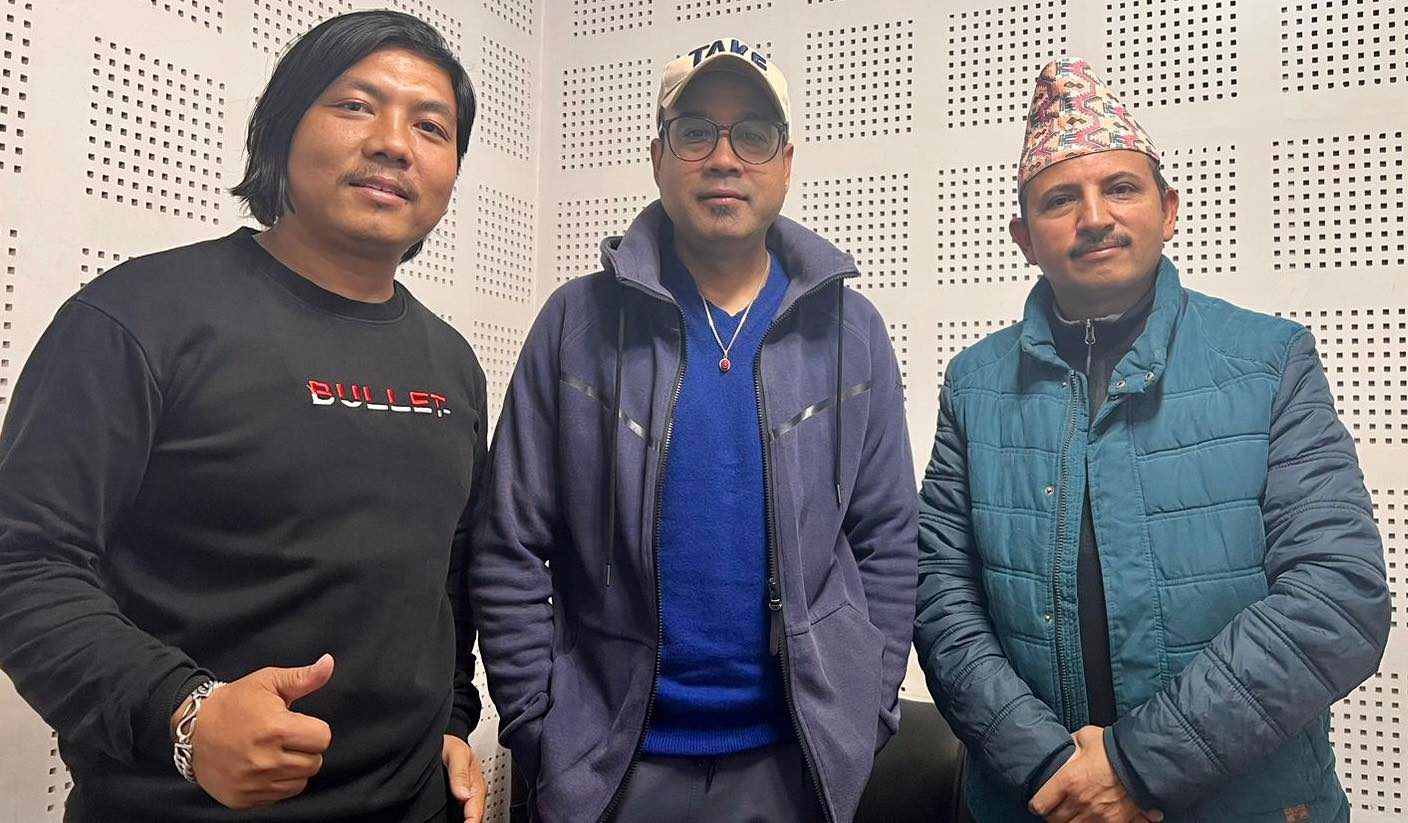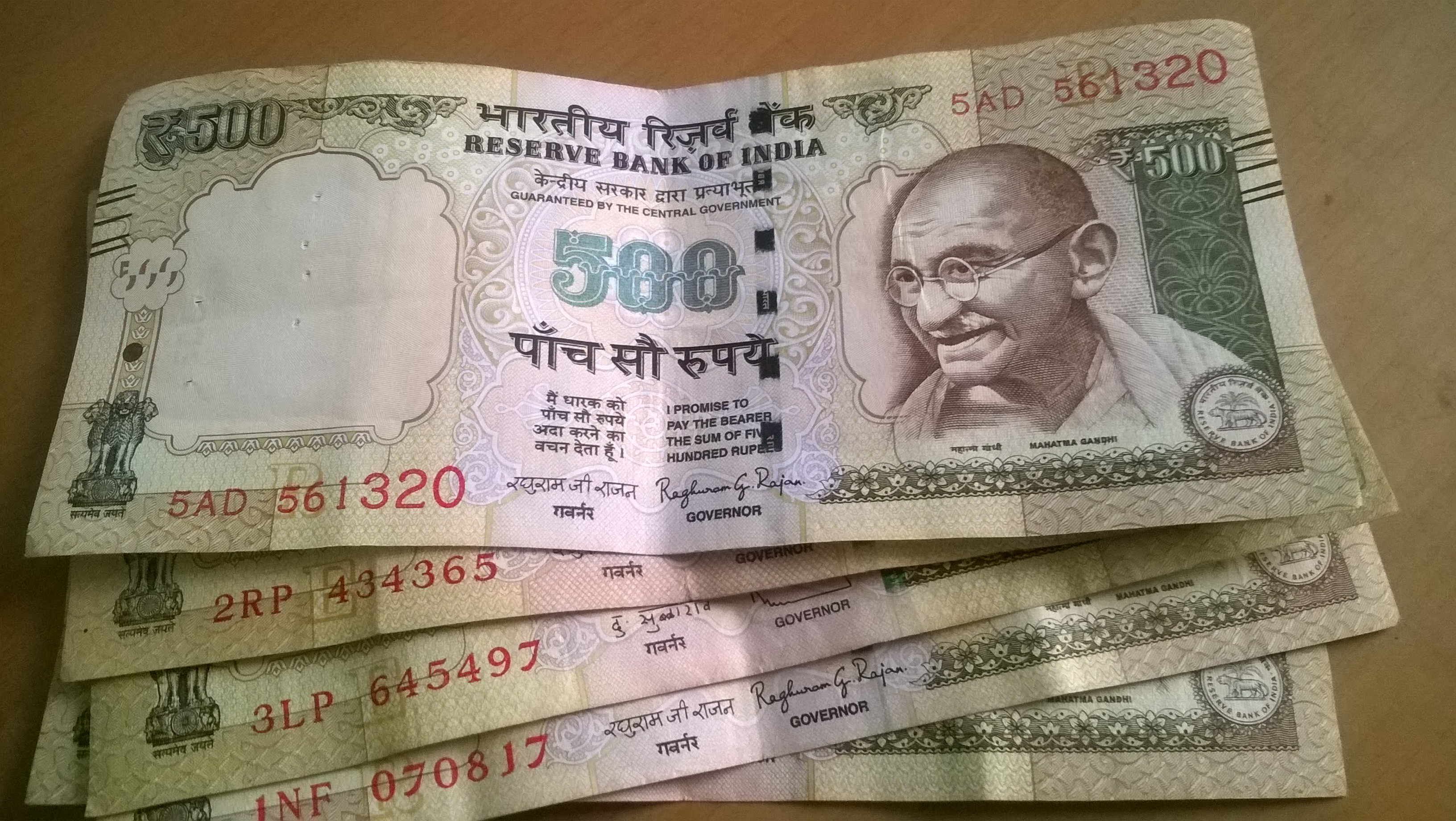NRB shows flexibility to resolve working capital loans issue
After months of wrangling, Nepal Rastra Bank (NRB) and the private sector are close to a deal to resolve the working capital loans issue. The meetings between the NRB senior officials and the top leadership of the private sector in the last two days indicate both sides are working to find a middle ground to resolve the issue which forced the businessmen to hit the streets. NRB and private sector representatives appeared to have reached an understanding on rescheduling the implementation of working capital loans guidelines which has invited strong backlash from the business community. The central bank enforced the guidelines on October 18 arguing that it seeks to stop the misutilization of money loaned to business firms. NRB Governor Maha Prasad Adhikari on Monday held a discussion with the top leaders of the private sector separately including Federation of Nepalese Chambers of Commerce and Industry (FNCCI) President Shekhar Golchha, Confederation of Nepalese Industries President Vishnu Kumar Agrawal and Nepal Chambers of Commerce President Rajendra Malla. According to businesspersons who were part of the delegations, the central bank has indicated flexibility to address the private sector's demand. After the new coalition government led by Pushpa Kamal Dahal was formed and Bishnu Poudel took charge as the finance minister, NRB governor Adhikari initiated consultations with the umbrella organizations of the private sector. Sources said Governor Adhikari during Monday's meeting with FNCCI President Golchha and CNI President Agrawal put forward a middle point. He asked both business leaders to come up with concrete proposals on working capital loans guidelines by Tuesday. According to an FNCCI source, Golcha and Vice President Anjan Shrestha agreed on the middle point of providing 'two years to the old debtors and implementing guidelines for the new borrowers'. "However, FNCCI has made some changes in its demand after holding discussions with the presidents of the provincial chapters of FNCCI as district chapters have been demanding to adopt flexibility in the implementation of the guidelines in the case of new borrowers as well," the source said. As per the guidelines, a borrower can receive working capital loans up to only 20 percent of their annual turnover if it is less than Rs 20 million. Similarly, a borrower can receive up to 25 percent of the total annual turnover if they have an annual turnover of over Rs 20 million. The NRB is of the view that the main motive behind introducing the working capital guidelines is to deter the firms from diverting the loans for other purposes. Central bank officials believe that due to a diversion of working capital loans for other purposes such as imports, investment in real estate, and the stock market, BFI lending surged contributing to ballooning imports in the past. “Many businesspersons invested the money they borrowed as short-term working capital loans in long-term investments such as real estate and now they are struggling to cash in on those properties to bring the loan exposure to the set limit,” said an NRB official. The private sector has been demanding suspension of the implementation of the guidelines arguing that the arrangements have adversely affected their businesses. FNCCI has termed the guidelines on working capital loans as the 'major obstacle to the business and private sector growth'. Amid continued protests from the private sector, the central bank on November 16 sought advice from the stakeholders to see if there was any problem with implementing the provisions of the guidelines. While issuing the first quarterly review of the monetary policy for FY2022/23, the central bank also promised to make necessary changes based on suggestions. At that time, though NRB said it was ready to make necessary amendments to the guidelines, the central bank, however, remained steadfast about the need for such monetary arrangements. Nonetheless, with the formation of the new government and CPN (UML) leader Bishnu Paudel becoming the new finance minister, NRB has seemingly softened its stance. Observers say that this is due to the pressure of the finance minister who has promised the private sector leaders to resolve the issues business community members are facing at present. A senior NRB official acknowledged that they are now in discussion with the private sector on resolving the working capital loans issue. "At the moment, there have been talks with them (private sector). The issue of rescheduling the working capital loans is also under discussion. But no conclusion has been reached. We have also sought feedback from the banks and financial institutions about the problems in the implementation of the guideline," said the official.
Six banks set to start unified business
The banking sector will see the successful completion of mergers of four commercial banks - Nepal Investment Bank-Mega Bank, Global IME Bank-Bank of Kathmandu, and an acquisition - Prabhu Bank-Century Commercial Bank by the second week of January. The Global IME-Bank of Kathmandu merger will come to a logical conclusion on January 9 with the start of their integrated business. Post-merger, the merged entity will be named Global IME Bank. Similarly, the integrated business of Nepal Investment Bank and Mega Bank will start on January 11. The Nepal Investment-Mega Bank merger will take place with a swap ratio of 1:09. Post-merger, the bank will be known as Nepal Investment Mega Bank with paid-up capital of Rs 34.43 billion. The central bank's board meeting on December 29 has given the final approval for the merger between Global IME Bank and Bank of Kathmandu. The same meeting also gave final approval for the merger between Nepal Investment Bank and Mega Bank. After the merger, the Chairman of the Global IME Bank will be Chandra Prasad Dhakal while Ratna Raj Bajracharya, the current CEO of Global IME will continue to be the chief executive of the new entity formed after the merger. Prithvi Bahadur Pande will be the chairman of Nepal Investment Mega Bank while Jyoti Prakash Pandey will be the CEO. Similarly, Prajanyaraj Bhandari and Kavi Tivrewala from Nepal Investment Bank will become directors after the merger. Similarly, Gopal Khanal, Muktiram Pandey, and Madan Kumar Acharya from Mega Bank will become directors after the merger. One director of Nepal Investment Bank is yet to be decided. With NRB giving find nod to Prabhu Bank's acquisition of Century Commercial Bank, both banks have decided to start an integrated business on January 13. Post-acquisition, the bank will be named Prabhu Bank. Prabhu Bank is acquiring Century Bank with a swap ratio of 1:1. The total number of commercial banks that had reached 32 in 2014 will come down to 22 this year if all these mergers and acquisitions materialize.
PM Dahal holds meeting with FinMin Poudel, Governor Adhikari
Prime Minister Pushpa Kamal Dahal held a meeting with Deputy Prime Minister and Finance Minister Bishnu Poudel and Governor Maha Prasad Adhikari in Baluwatar on Wednesday. During the meeting, they discussed the current situation of the country’s economy and problems seen in the banking sector among other issues. The Prime Minister showed concern over the problems and challenges seen in the recent time. On the occasion, Prime Minister Dahal, who is also the Chairman of the CPN (Maoist Center), stressed on the need to reduce interest rates and improve monetary policy. He further underscored the need to find the ways to minimize the impact on the people caused by the challenges seen in the economy of the country.
2 killed as house catches fire in Panchthar
Two persons died and two other sustained inquiries when a fire broke out at a house in Phidim Municipality-5, Ghumaunetar of Panchthar district in the wee hours of Wednesday. DSP Hari Khatiwada of the District Police Office, Panchthar said that the fire belonging to one Megh Bahadur Gurung was destroyed in the fire that occurred at around 1:30 am today. The deceased have been identified as Gurung’s daughter-in-law Asang Singh Thebe (23) and daughter Mamata Gurung (22). Police said that Megh Bahadur and Bijendra Gurung were injured in the incident. It has been learnt that property worth around Rs 5 million was destroyed in the fire. The reason behind the fire was electric short circuit. The fire was taken under control with the help of police personnel and locals after three hours.
‘Mero Desh Naharos’ music video released
The music video of the song ‘Mero Desh Naharos’, filled with patriotic sentiments, has been released. The video has been released through Delighted Nepal YouTube channel. Adding to the wave of patriotic songs, the new song features singer Swaroopraj Acharya, composer Pushkar Sunuwar and lyricist DP Dahal. This song has introduced Nepal’s art, culture and nature and is presented by Rita Simkhada Dahal. Recorded at Melody Nepal Studio, this song is produced and distributed by Delighted Music Industries Pvt Ltd. The music video is edited by Mohan Sunuwar, cinematography by Keshav Vishwakarma, and arrangement, recording and mixing by Pushkar Sunuwar. Video here: https://youtu.be/Tv3F1PZGdEM
Nepse plunges by 3. 03 points on Tuesday
The Nepal Stock Exchange (NEPSE) plunged by 3. 03 points to close at 2,061.0 6 points on Tuesday. Similarly, the sensitive index dropped by 0. 39 points to close at 394. 62 points. A total of 8,222,833 unit shares of 257 companies were traded for Rs 3. 45 billion. Meanwhile, Swet-Ganga Hydropower and Construction Limited and Dhaulagiri Laghubitta Bittiya Sanstha Limited were the top gainers today with their price surging by 10. 00 percent. Likewise, Wean Nepal Laghubitta Bittiya Sanstha Limited was the top loser with its price dropped by 5. 59 percent. At the end of the day, the total market capitalization stood at Rs 2. 98 trillion.
CPN (Unified Socialist) not to join government
The CPN (Unified Socialist) has decided not to join the government. A politburo meeting held in Kathmandu made the decision to this effect, party spokesperson Jagannath Khatiwada said. He was of the opinion that the party has decided to study the parties affiliated to the alliance. “We held broader discussions on the government of the incumbent coalition. We will take the decision on joining the government only after analyzing the programs brought by the government,” Khatiwada said. He said that the party secretariat has been given the rights to take the decision on whether to join the government or not. Khatiwada further said that the party has not got any proposal yet to participate in the government. “The country has a coalition government. We do not have a negative opinion over the government. But, formally we have not any proposal pertaining to joining the government,” he said.
Demonetization verdict haunts Nepal
The Supreme Court of India on Monday upheld the Narendra Modi government’s decision to demonetize the notes of 500 and 1,000 denominations. In November 2016, the Indian government had taken a controversial move of outlawing InRs 500 and InRs 1,000 currency notes in a bid to rein in black money. The move was challenged in the Indian Supreme Court.
But on Monday, India’s apex court not only upheld the decision, but went on to state that it cannot be reversed. The demonetization move had also impacted Nepal, where Indian currency is widely accepted. The Nepali government has been requesting the Indian authorities to exchange the demonetized notes held by Nepali individuals, banks and financial institutions.
Several rounds of meetings have taken place between the officials of the two countries, but to no avail. With the latest court verdict, chances of the demonetized Indian bills getting exchanged appear slim. One of the reasons India has shown reluctance to exchange the demonetized notes held by Nepalis is the issue of counterfeit bills. According to Nepal Rastra Bank, banks and financial institutions hold demonetized bills worth InRs 33.6m.














